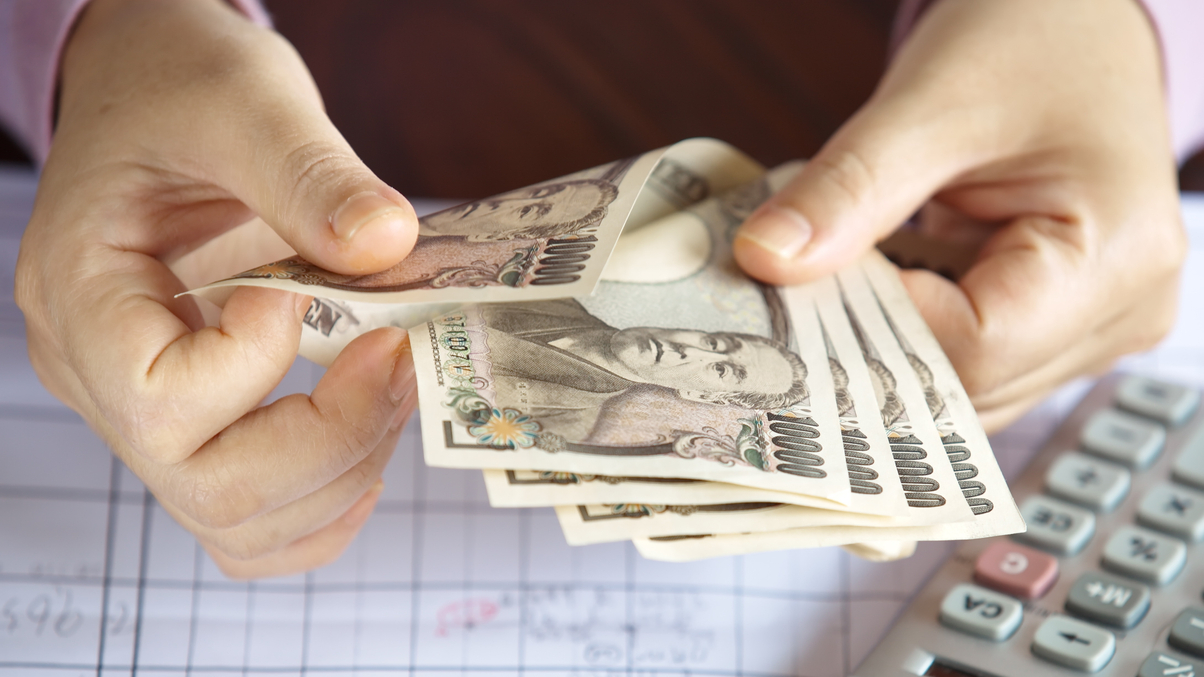Japanese corporate pensions hope to navigate Covid-19
Some of the country’s pension funds are benefiting from years of diversification efforts, although the pandemic’s fallout has made investment execution harder.

The coronavirus pandemic shakes financial markets all over the globe, some of Japan’s larger corporate pension funds are facing the situation with relative confidence.
Sign in to read on!
Registered users get 2 free articles in 30 days.
Subscribers have full unlimited access to AsianInvestor
Not signed up? New users get 2 free articles per month, plus a 7-day unlimited free trial.
¬ Haymarket Media Limited. All rights reserved.


